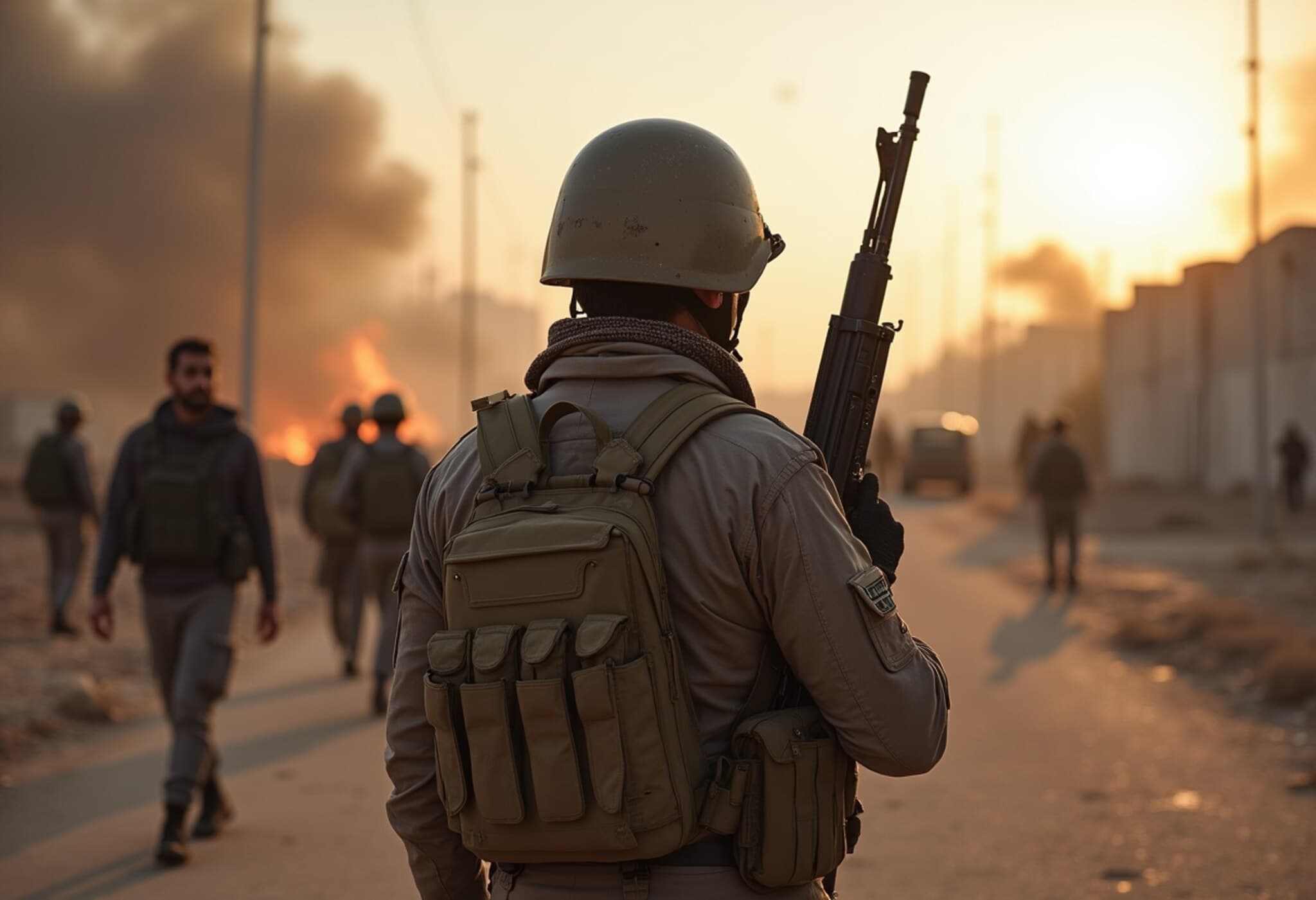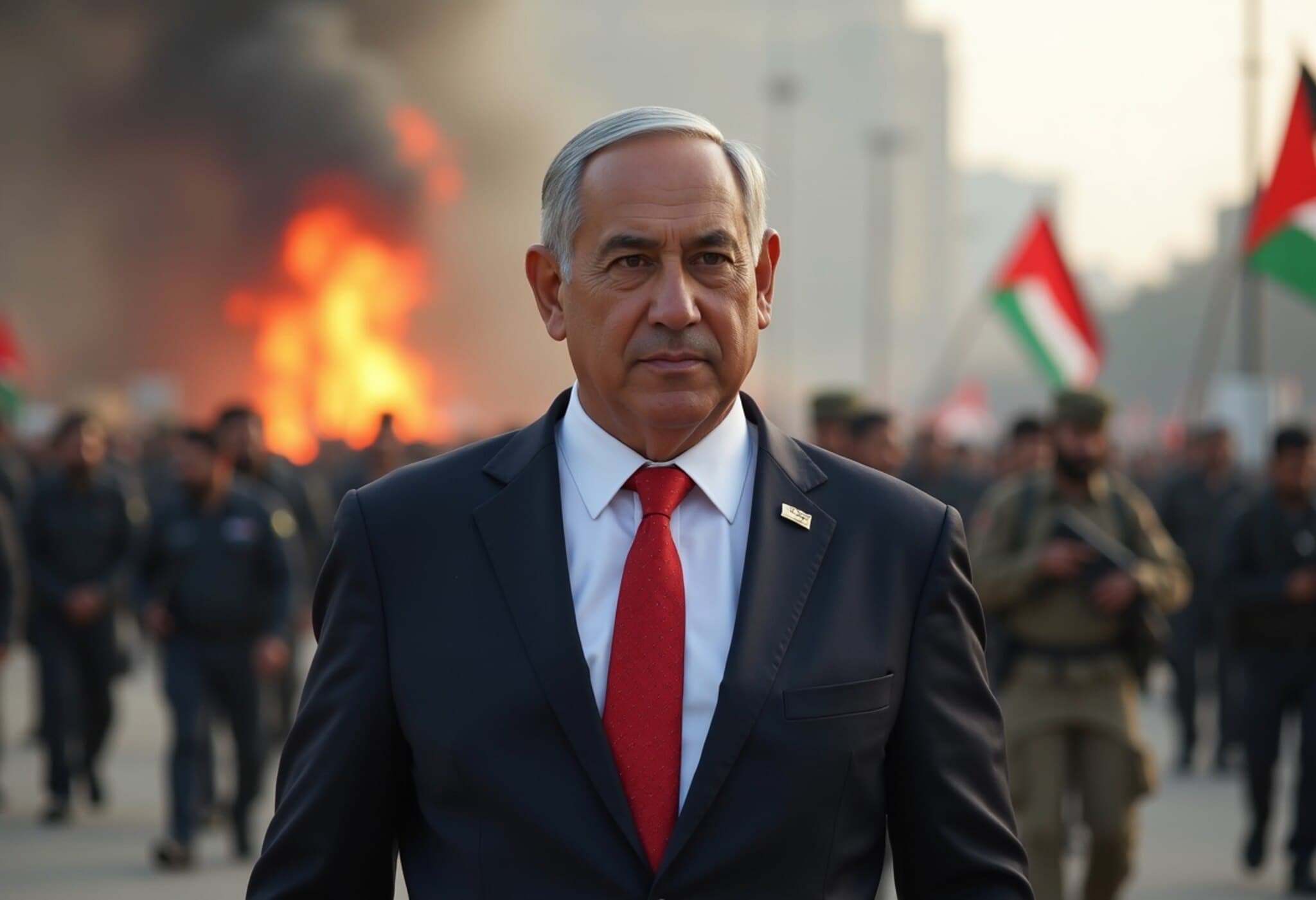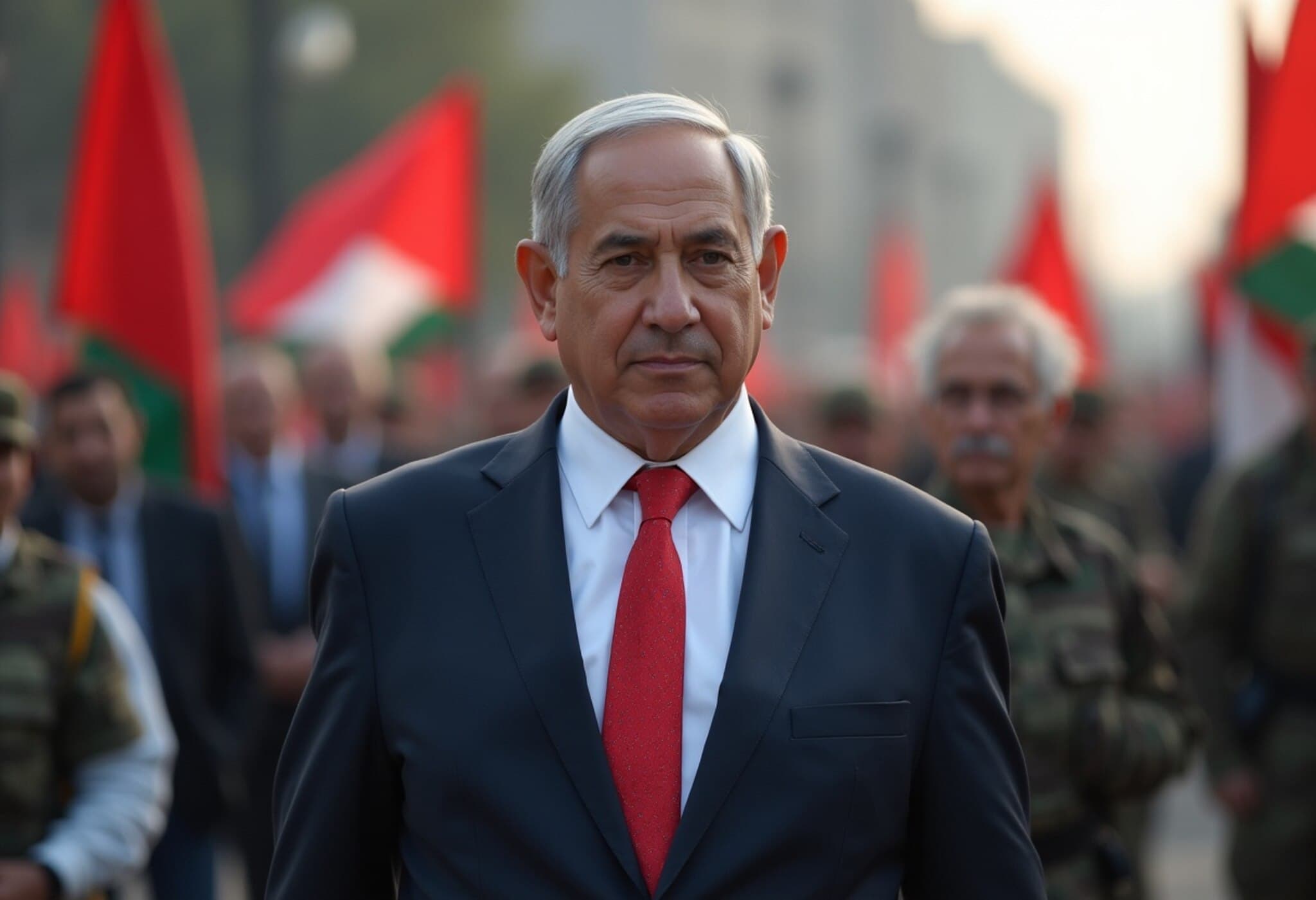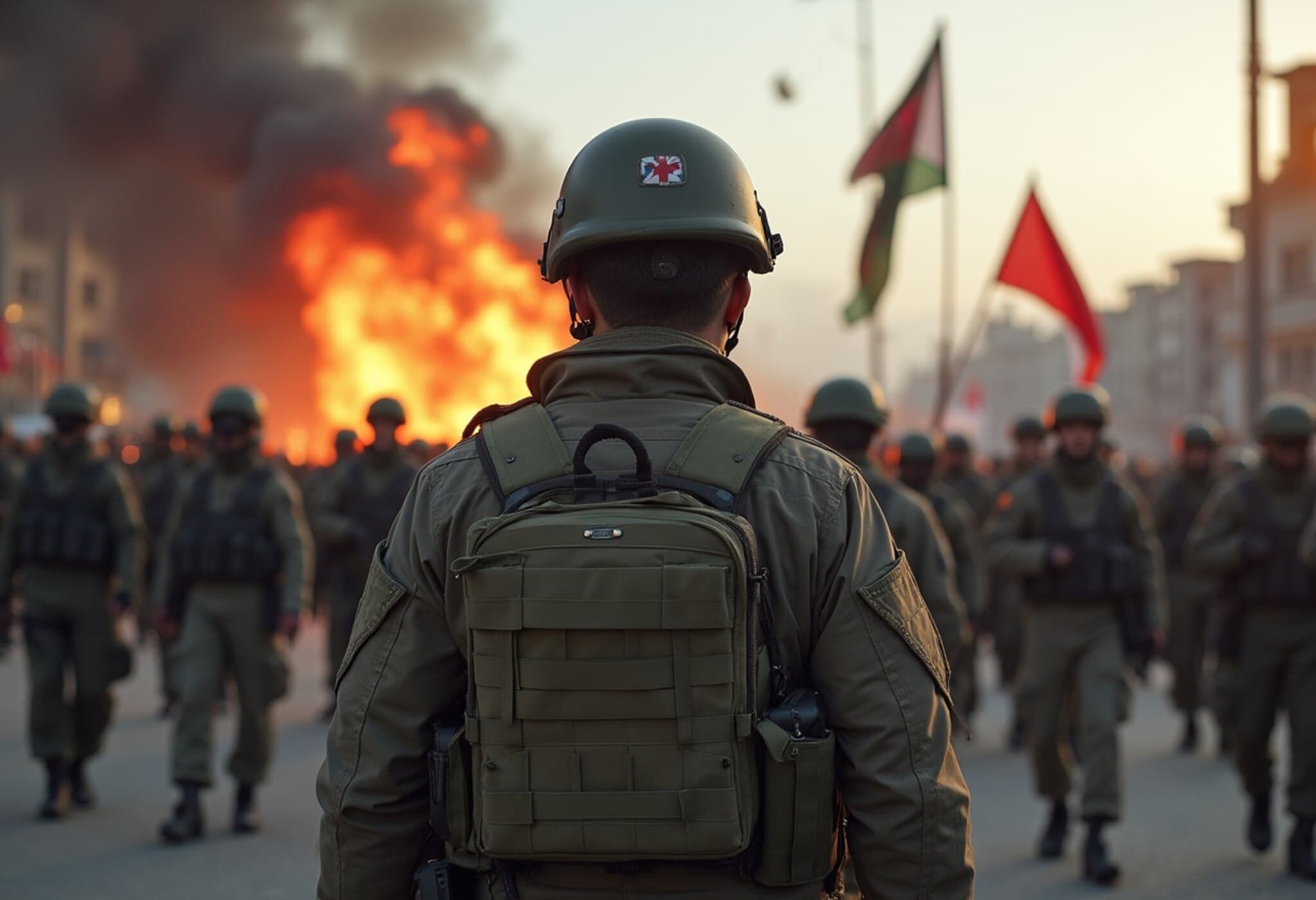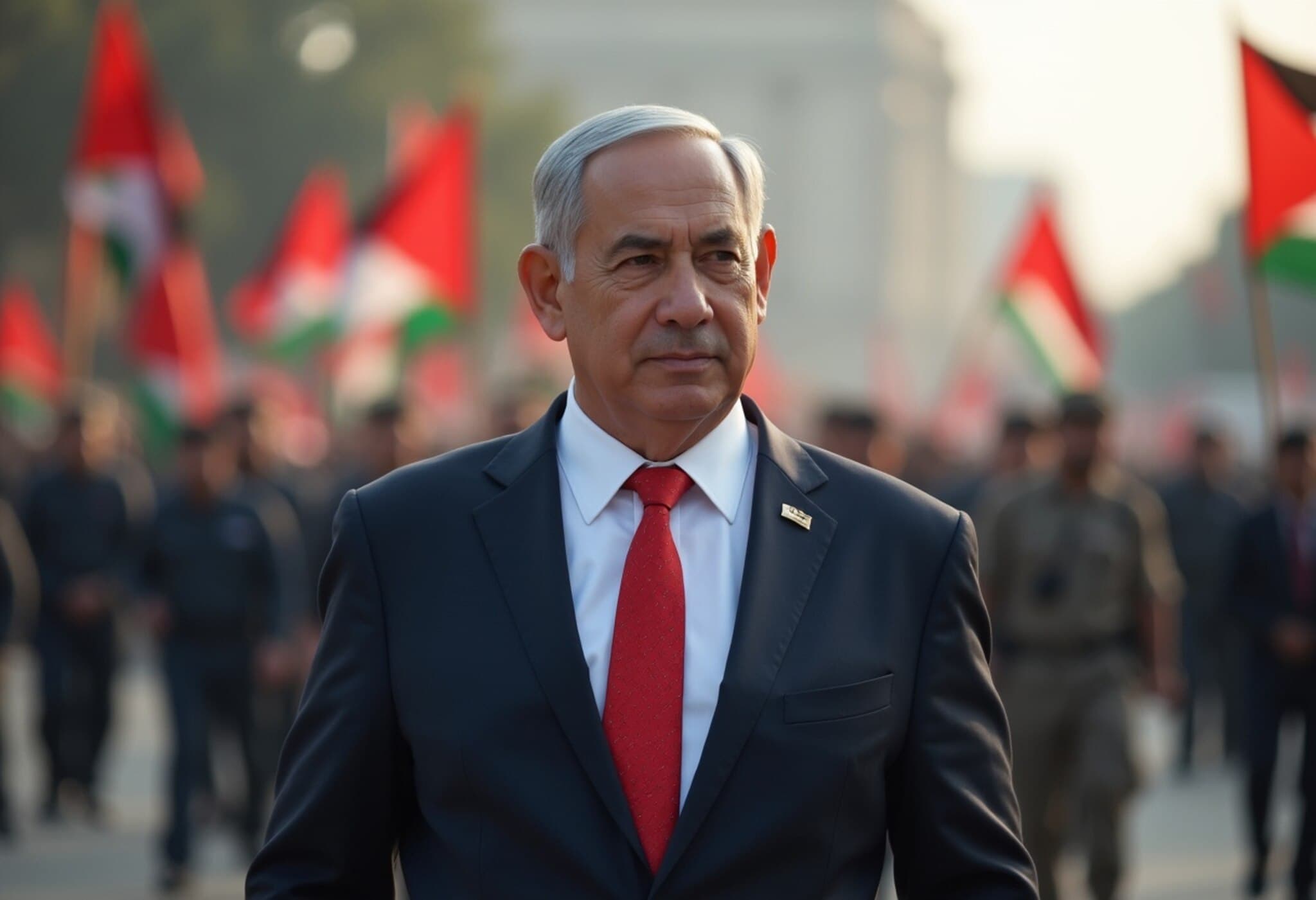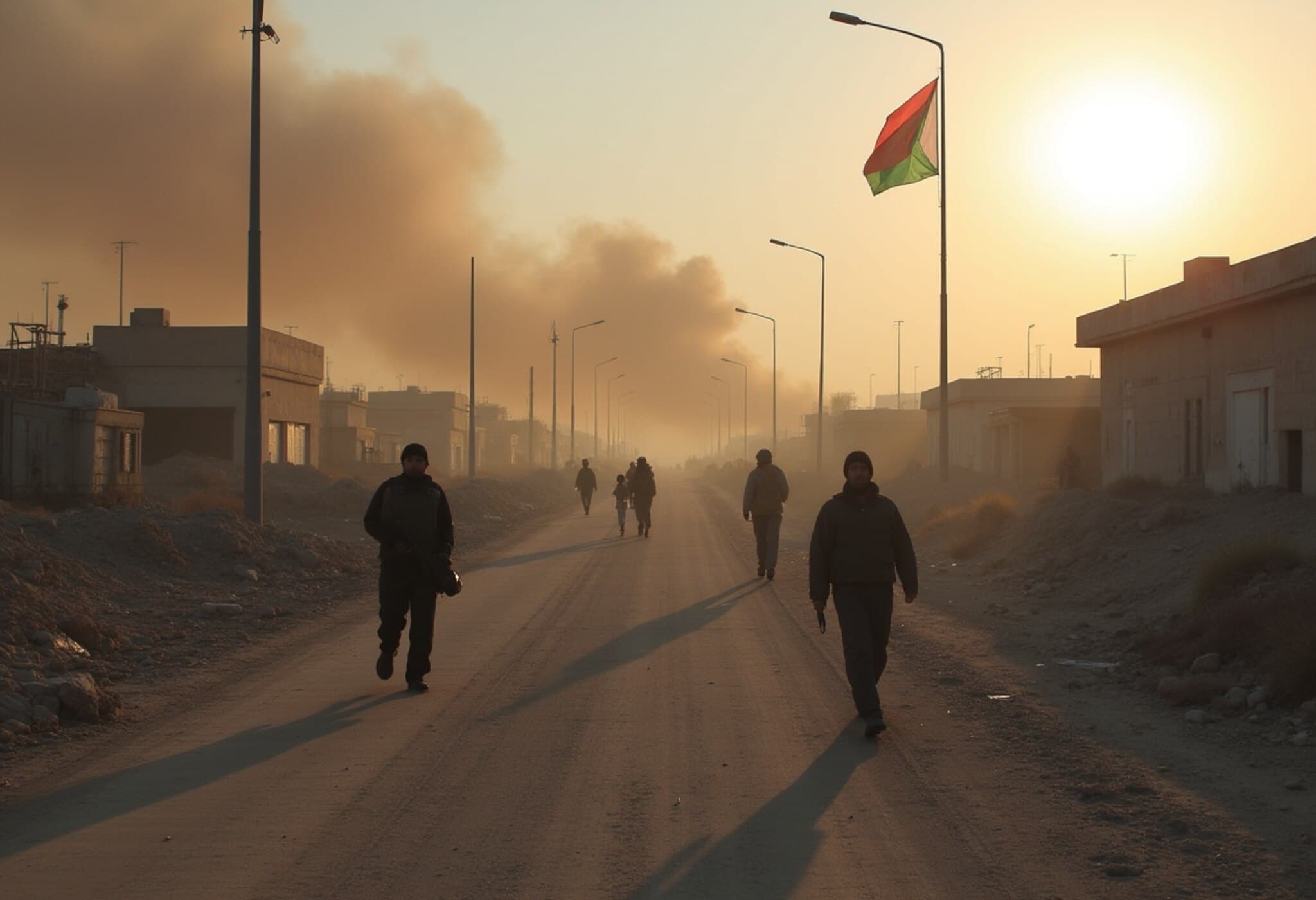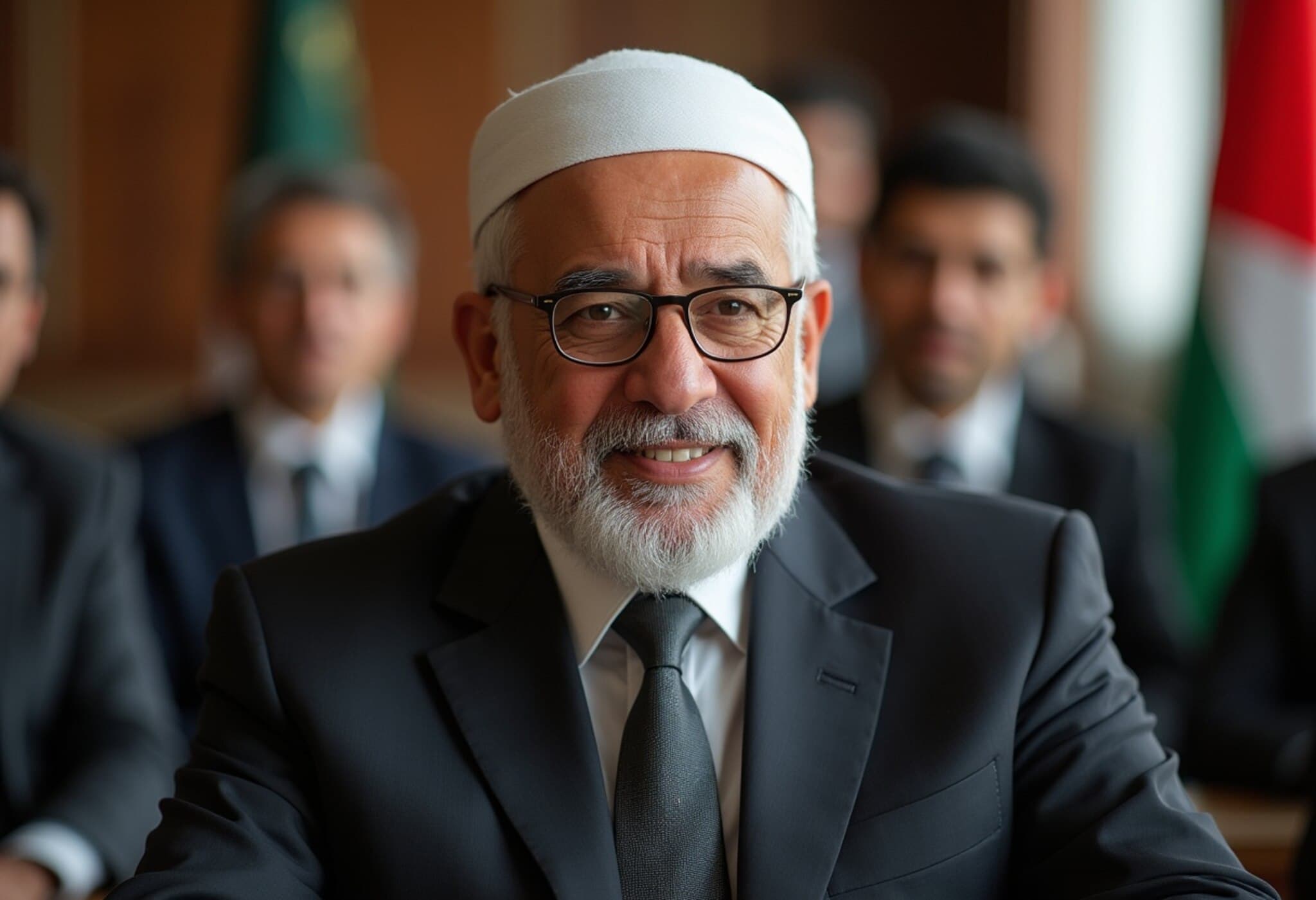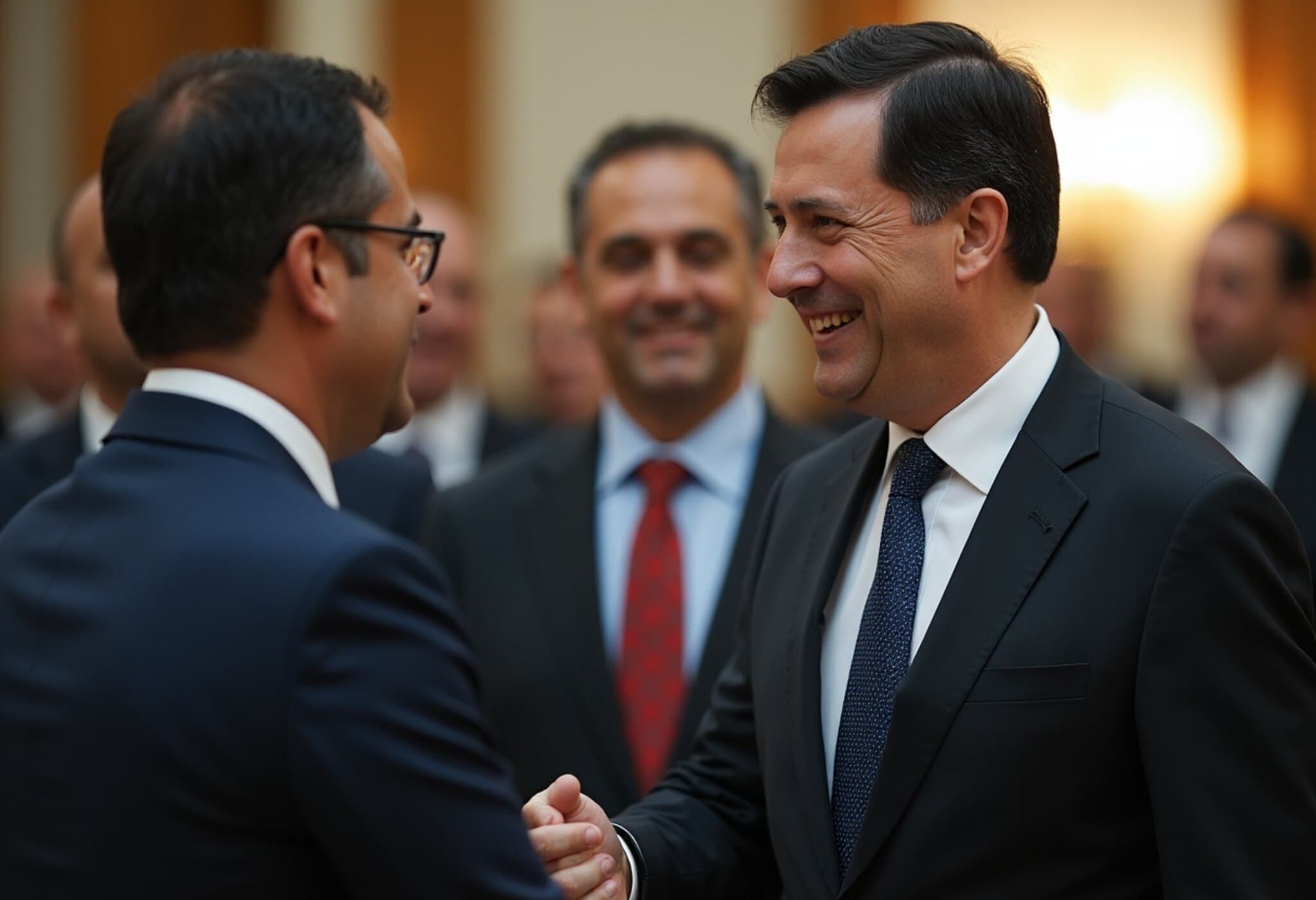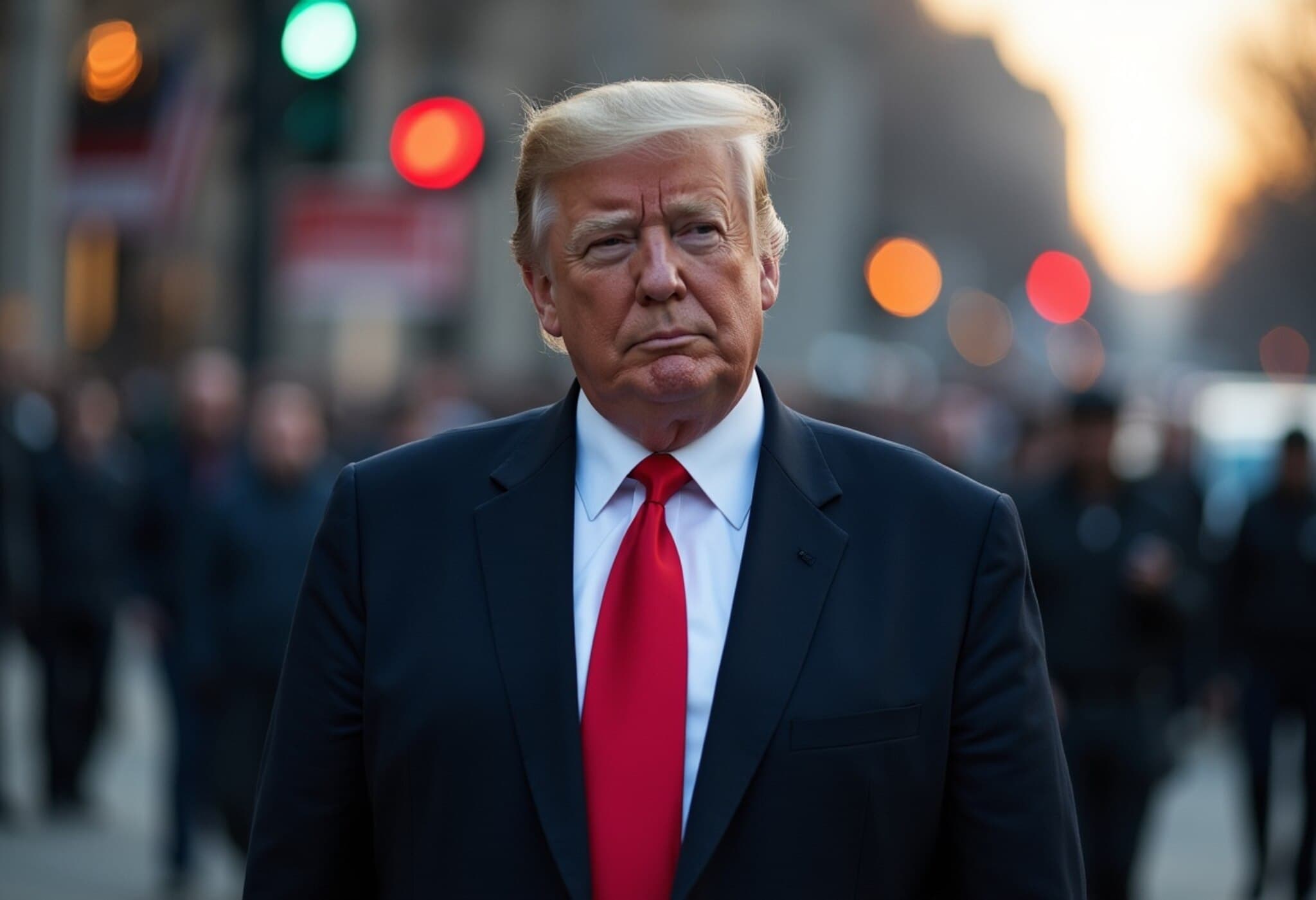Israel's Contemplated Plan to Resettle Palestinians in South Sudan Sparks Global Debate
In a move stirring international attention and concern, Israeli Prime Minister Benjamin Netanyahu has publicly acknowledged ongoing discussions with South Sudan regarding the resettlement of Palestinians currently displaced in the Gaza Strip. This proposal aligns with a previously expressed vision by former U.S. President Donald Trump to relocate a significant portion of Gaza's population — a region devastated by prolonged conflict — to East Africa’s fledgling nation of South Sudan.
Details and Developments of the Proposed Resettlement
Six insiders familiar with the matter have confirmed to The Associated Press that talks are underway, although the extent of these negotiations remains confidential. If actioned, the plan involves moving people from one fragile, war-torn environment to another, raising poignant questions about the ethical and humanitarian implications of such a transfer, especially amid South Sudan’s ongoing struggles with famine and civil unrest.
Netanyahu frames this initiative as "voluntary migration," invoking just war principles to argue for allowing civilians to leave Gaza before intense military operations against Hamas. However, human rights organizations and Palestinian authorities vehemently reject the idea, viewing it as a possible guise for forcible displacement in violation of international law.
South Sudan’s Role and Geopolitical Implications
- South Sudan stands at a crossroads, enduring decades of civil war aftermath and economic hardship, with a population nearing 11 million relying heavily on international aid.
- The country’s government, motivated by financial and diplomatic incentives, appears open to establishing closer ties with Israel, a regional powerhouse in the Middle East.
- South Sudan's strategic interests include seeking relief from U.S. sanctions and travel restrictions while enhancing its international stature.
- Past cooperation includes Israel’s Mossad providing support during South Sudan’s independence struggle, adding a historical dimension to the current talks.
However, South Sudan's internal religious and ethnic tensions, predominantly between Christian/animist communities in the South and Muslim/Arab communities linked to the North, intensify concerns about the social integration of predominantly Muslim Palestinian refugees.
Regional and Global Responses
Egypt, sharing a border with Gaza, has steadfastly opposed any relocation projects that might increase refugee flows into its territory, complicating regional diplomacy. Israeli overtures have also targeted Sudan, Somalia, and the breakaway region of Somaliland for similar resettlement initiatives, but these encounters have yet to yield concrete outcomes.
The United States, aware of but not actively engaged in the talks, maintains a guarded stance, emphasizing national security and immigration law enforcement in its visa and deportation policies.
Humanitarian and Legal Challenges Ahead
From the Palestinian viewpoint, the prospect of relocating permanently to South Sudan elicits fear and distrust. Many Palestinians fear that abandoning Gaza—even under the pretext of safety—could lead to permanent displacement and loss of their homeland. Such a demographic shift might enable Israel to annex Gaza fully and expand settlements, a scenario supported by some factions within the Israeli government but fiercely contested internationally.
On the other hand, resettlement in South Sudan poses daunting challenges:
- South Sudan’s fragile peace deal and recurrent violence continue to undermine stability.
- The country faces ongoing food insecurity and poverty, exacerbated by diminished foreign aid.
- Historical tensions between ethnic groups may hinder acceptance of Palestinian migrants.
- The logistics and costs of establishing adequate refugee camps remain significant.
Edmund Yakani, a South Sudanese civil society leader, warns against turning his country into a geopolitical bargaining chip or 'dumping ground' for displaced populations without thorough consultation and clear terms.
Expert Insight: Navigating Complex Humanitarian and Political Terrain
Experts highlight that while the notion of "voluntary migration" aims to frame this resettlement as a humanitarian opportunity, the reality is far more complex. The unfinished business of peacebuilding in both Gaza and South Sudan complicates safe passage and long-term residency prospects for Palestinians.
Moreover, the proposal underscores broader questions about the international community’s responsibilities in conflict resolution and refugee protection. Can shifting populations amid ongoing wars alleviate suffering, or does it merely relocate vulnerability? How might such plans affect regional stability, human rights, and the Palestinian right to self-determination?
Looking Ahead: What’s Next for Gaza and South Sudan?
As Israel considers its next steps, the international spotlight is likely to intensify on South Sudan’s government and its delicate balancing act between humanitarian concerns and diplomatic ambitions.
Stakeholders must grapple with these pivotal questions:
- Will the Palestinians be offered genuine choice and adequate safeguards, or is this resettlement a veiled attempt at ethnic displacement?
- Can South Sudan, beset by its own crises, realistically absorb a large influx of refugees without precipitating new conflicts?
- How will regional powers like Egypt and Sudan's factions shape or resist these plans?
- What role should international law and human rights organizations play in monitoring and intervening?
Editor’s Note:
This unfolding episode highlights a delicate interplay between geopolitics, humanitarian crisis, and international legal norms. While seeking solutions to the enduring hardships faced by Palestinians in Gaza is urgent, offering refuge in another volatile region raises profound ethical and practical dilemmas. Readers are invited to consider the long-term implications of population transfers amidst warfare and the imperative to prioritize human dignity, rights, and sustainable peace-building strategies.




